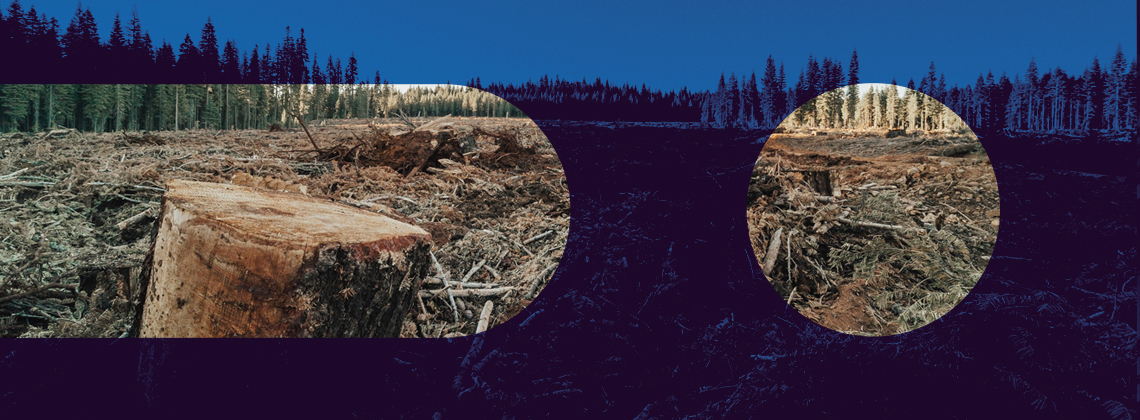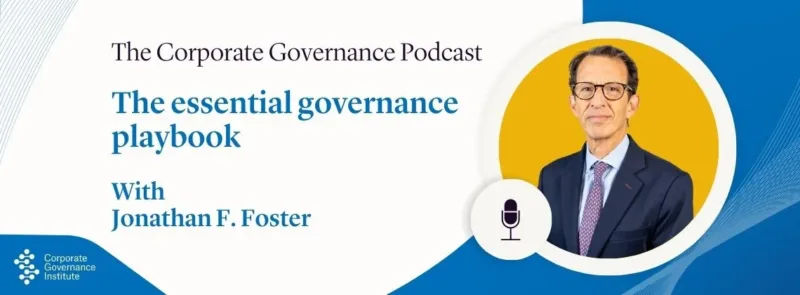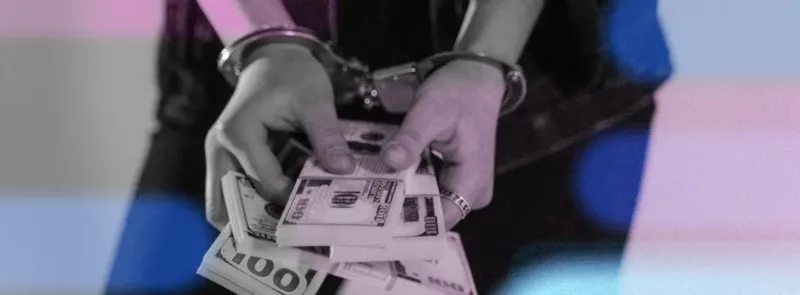News analysis
The EU deforestation law: what you should know

The EU deforestation law has just been passed, and now corporate leaders in Europe may have just eighteen months to adapt to this significant revamp of legislation.
The European Union has just passed a law to distance itself from what it considers harmful deforestation practices elsewhere in the world. It expects companies to be quick about complying.
The penalty for doing nothing could be costly, depending on how much business a firm does inside the EU.
What’s the new rule about?
Deforestation primarily, and ensuring that European companies are not profiting from it.
Companies operating in the EU will not be able to sell products linked to deforestation in other parts of the world. They will have to produce dedicated paperwork to prove their compliance – something boards and executives should be thinking about now.
“Today’s political agreement on the EU’s deforestation law marks an important turning point in the global fight against deforestation,” said the bloc’s Executive Vice-President for the European Green Deal, Frans Timmermans.
“As we make the green transition in the European Union, we also want to ensure that our value chains become more sustainable as well.”
What companies are affected?
The following is a list of products the EU deforestation law deems “the main drivers of deforestation”. If your company sells any in the EU or exports any from the EU, it’s affected.
- Palm oil
- Cattle
- Soy
- Coffee
- Cocoa
- Timber
- Rubber
- Derived products are also included, such as beef for cattle, furniture for timer, and chocolate for cocoa.
What do the affected companies need to do?
Companies will be expected to accurately summarise the path of any product from raw material to shelf. It’s a measure not dissimilar from ESG reporting.
Their documents will need to:
- Prove that their products are “deforestation-free.”
- Prove that their products are legally allowed to be sold in the EU.
- Collect “precise geographical information” on the farmlands their products may derive from. Officials could then check these farms for compliance – even if they’re on the other side of the world.
- Keep an eye on the list of commodities above; the EU has vowed to monitor and update it if necessary.
What should boards and executives do now?
Firstly, there is a new layer of due diligence needing immediate attention. Firms have an eighteen-month grace period for companies to adapt their internal systems, after which the law fully applies.
If you’re a corporate leader at board or executive level, here’s what to do:
Ensure the new law applies to you
If it does, plan to incorporate its requirements into your reporting strategy.
Figure out how to report
Ensure you have a clear picture of what lawmakers and watchdogs will want in the reports you give them. This applies to both substance and delivery; ensure you divulge the information authorities want in an acceptable format.
Be aware of the EU’s areas of focus
The EU deforestation law is designed so that countries (or regions) would be ranked according to risk.
You should know which areas the EU considers high risk, and if your company does business there, consider moving to a different supplier or thoroughly vet your current one to ensure they comply with the law.
Use the opportunity
If your company does business in the EU, this is likely not the first green law you will be subject to, nor will it be the last. The bloc strives to become a world leader in this area.
As a result, you should use this new law to assess your company’s business practices. Discuss your supply chains with your board and executive colleagues – how they fit into company strategy and how they can adapt to new legislation.
Lastly, what happens if my company does nothing?
If the watchdog in an EU country finds you have been non-compliant, your company could be fined up to 4% of its turnover in that country.
Remember, substandard reporting and due diligence could also mean penalties, even if your supply chain practices are entirely deforestation-free.



